The ETHNOPROGRAM FOR THE PREVENTION OF CLIMATE-BASED GENDER VIOLENCE IN THE COLOMBIAN ANDEAN MOUNTAINS aims to address the intersection between gender-based violence exacerbated by climate change and The ETHNOPROGRAM FOR THE PREVENTION OF CLIMATE-BASED GENDER VIOLENCE IN THE COLOMBIAN ANDEAN MOUNTAINS aims to address the intersection between gender-based violence exacerbated by climate change and environmental management in the Emberá-Katío indigenous communities, across 40,000 hectares in Tadó, Chocó. This program will directly benefit 50,000 women, girls and LGBTI personnel, who have been identified as key actors in water collection and natural resource management, which places them in a situation of high vulnerability to sexual and gender-based violence in a context of increasing water insecurity. The program’s methodology is based on an ecofeminist and environmental justice approach, which prioritizes gender equity in all phases of implementation, ensuring that beneficiaries acquire the necessary tools to face the risks associated with both climate change and social inequalities.
The program responds to the growing incidence of gender-based violence linked to water insecurity, which has been aggravated by prolonged droughts and heavy rains in the region, phenomena that have forced water managers to travel distances of up to 2,500 meters to access water sources. This challenge has increased the exposure of women, girls and LGBTI people to situations of sexual harassment and abuse, with 60% of women reporting incidents of violence during water collection. The project proposes a comprehensive intervention that combines the installation of technological infrastructure to improve access to water, along with a capacity-building component for the prevention of gender-based violence. The ETNOPROGRAMA will employ a multi-sectoral approach that includes the creation of an Indigenous Environmental Secretariat, the installation of 25 safe water collection points using sustainable technologies such as solar hydraulic pumps, and the training of 50,000 beneficiaries in water management and violence prevention. The new facilities are expected to reduce the average time spent collecting water by 70%, allowing women water managers to reduce their exposure to violence risks by up to 50%. At the community level, the creation of surveillance and monitoring networks will be promoted by installing cameras and sensors in high-risk areas, allowing for rapid intervention in the event of incidents of violence. These networks will be managed by the new Indigenous Environmental Secretariat, made up of indigenous women leaders and LGBTI people, ensuring long-term ownership and sustainability of the project.
The plan also includes the creation of public policies in collaboration with tribal councils and local authorities to ensure the protection of the rights of women and LGBTI personnel in water management contexts. At least 30 policy-making workshops will be held, and community surveillance committees will be established to oversee the implementation of such policies. The goal is to achieve a 95% reduction in cases of gender-based violence linked to water collection by the end of the program. In addition, a real-time monitoring and evaluation system will be implemented to allow for the collection of accurate data on incidents of violence, access to water, and the effectiveness of policies. This program will not only focus on mitigating gender-based violence, but also on the economic and social empowerment of the beneficiaries, who will receive training in natural resource management techniques and human rights, thus improving their development opportunities and participation in community decision-making. It is expected that, at the end of the project, more than 65% of the trained women and LGBTI people will occupy leadership roles in water management and that access to drinking water will increase by 50%, improving the quality of life in the Emberá-Katío communities. management in the Emberá-Katío indigenous communities, across 40,000 hectares in Tadó, Chocó. This program will directly benefit 50,000 women, girls and LGBTI personnel, who have been identified as key actors in water collection and natural resource management, which places them in a situation of high vulnerability to sexual and gender-based violence in a context of increasing water insecurity. The program’s methodology is based on an ecofeminist and environmental justice approach, which prioritizes gender equity in all phases of implementation, ensuring that beneficiaries acquire the necessary tools to face the risks associated with both climate change and social inequalities.
The program responds to the growing incidence of gender-based violence linked to water insecurity, which has been aggravated by prolonged droughts and heavy rains in the region, phenomena that have forced water managers to travel distances of up to 2,500 meters to access water sources. This challenge has increased the exposure of women, girls and LGBTI people to situations of sexual harassment and abuse, with 60% of women reporting incidents of violence during water collection. The project proposes a comprehensive intervention that combines the installation of technological infrastructure to improve access to water, along with a capacity-building component for the prevention of gender-based violence. The ETNOPROGRAMA will employ a multi-sectoral approach that includes the creation of an Indigenous Environmental Secretariat, the installation of 25 safe water collection points using sustainable technologies such as solar hydraulic pumps, and the training of 50,000 beneficiaries in water management and violence prevention. The new facilities are expected to reduce the average time spent collecting water by 70%, allowing women water managers to reduce their exposure to violence risks by up to 50%. At the community level, the creation of surveillance and monitoring networks will be promoted by installing cameras and sensors in high-risk areas, allowing for rapid intervention in the event of incidents of violence. These networks will be managed by the new Indigenous Environmental Secretariat, made up of indigenous women leaders and LGBTI people, ensuring long-term ownership and sustainability of the project.
The plan also includes the creation of public policies in collaboration with tribal councils and local authorities to ensure the protection of the rights of women and LGBTI personnel in water management contexts. At least 30 policy-making workshops will be held, and community surveillance committees will be established to oversee the implementation of such policies. The goal is to achieve a 95% reduction in cases of gender-based violence linked to water collection by the end of the program. In addition, a real-time monitoring and evaluation system will be implemented to allow for the collection of accurate data on incidents of violence, access to water, and the effectiveness of policies. This program will not only focus on mitigating gender-based violence, but also on the economic and social empowerment of the beneficiaries, who will receive training in natural resource management techniques and human rights, thus improving their development opportunities and participation in community decision-making. It is expected that, at the end of the project, more than 65% of the trained women and LGBTI people will occupy leadership roles in water management and that access to drinking water will increase by 50%, improving the quality of life in the Emberá-Katío communities.
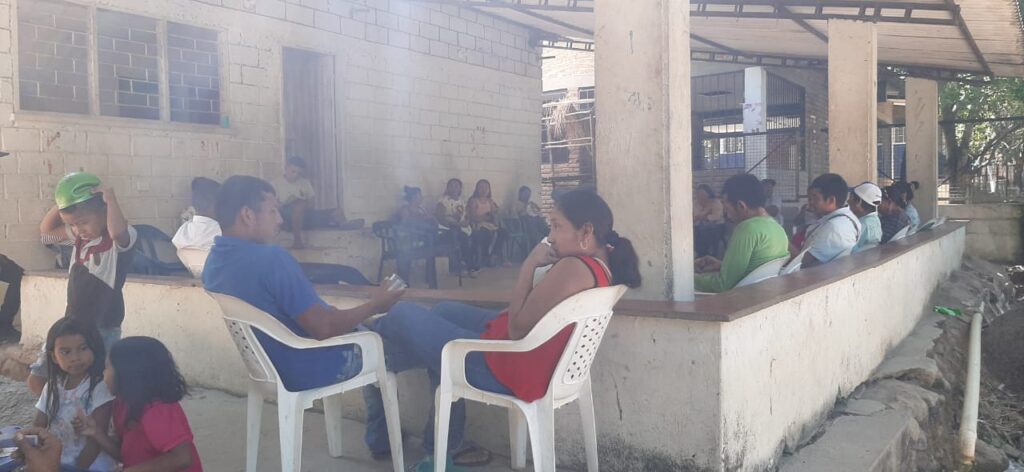
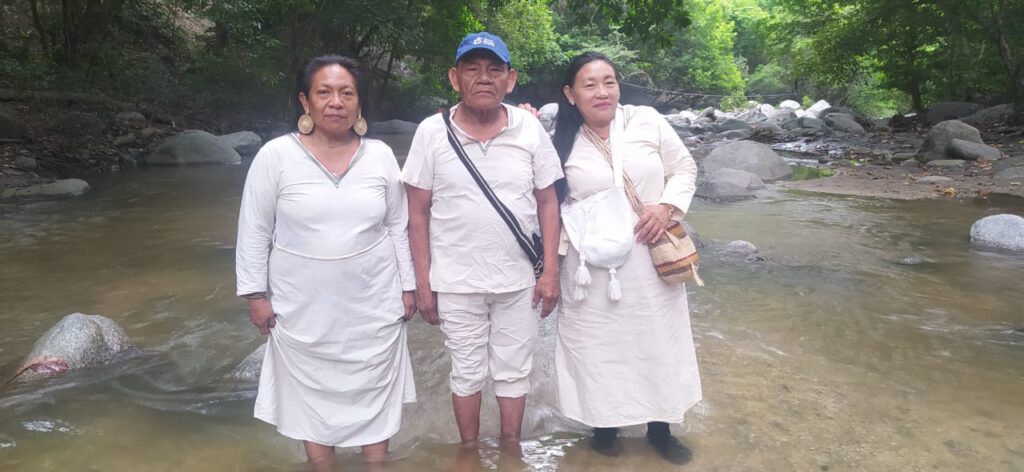
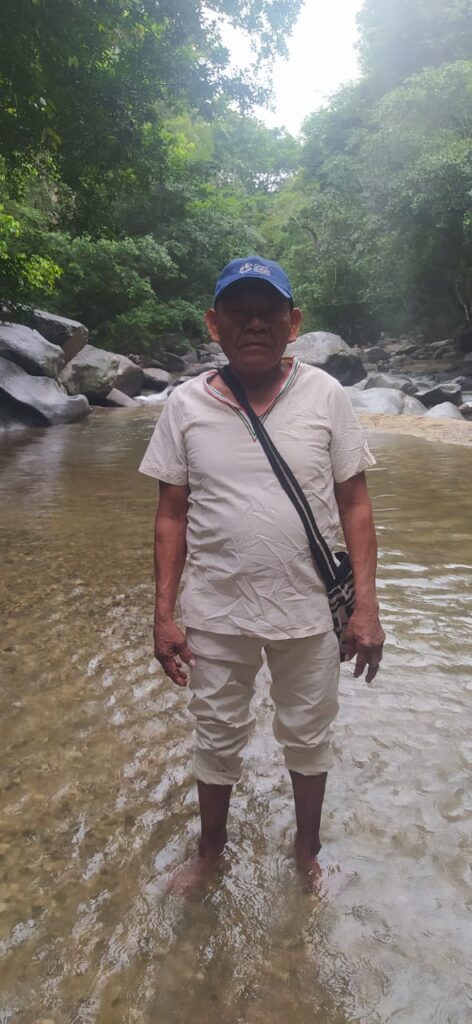
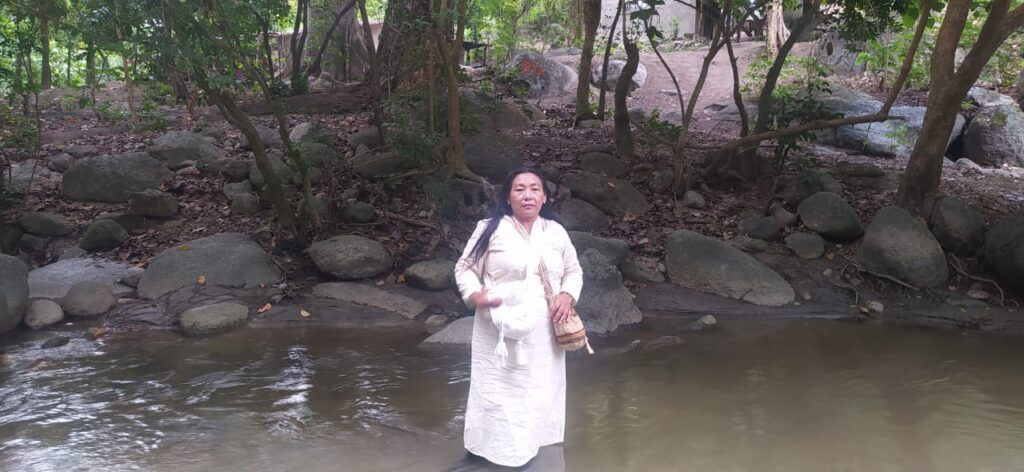

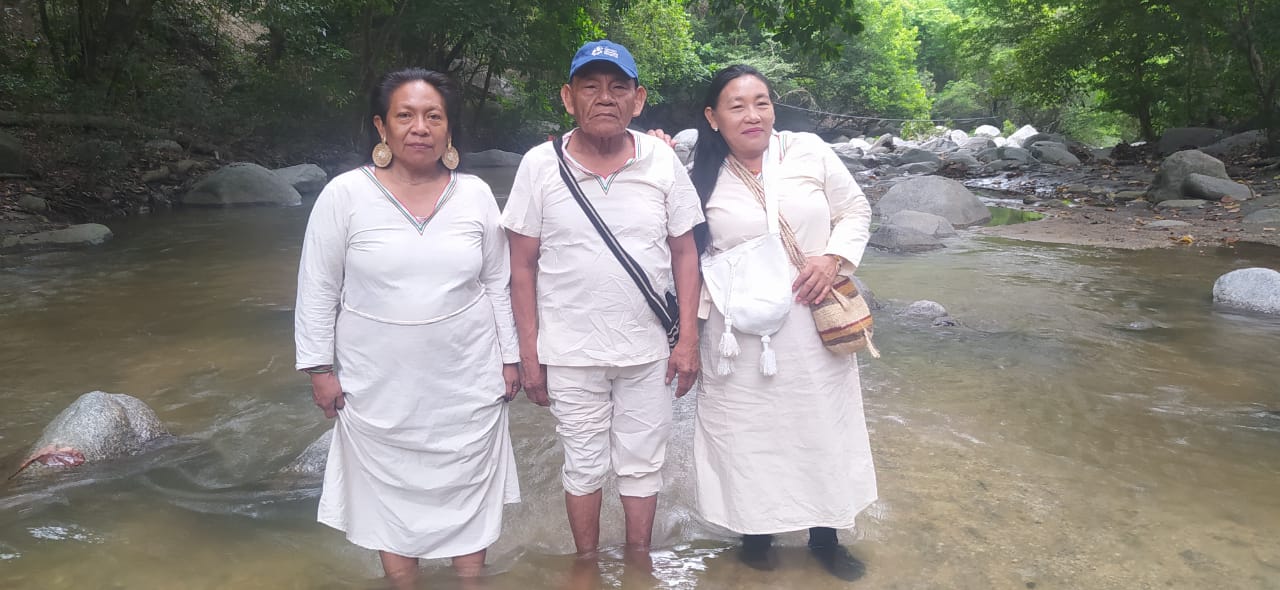
+ There are no comments
Add yours